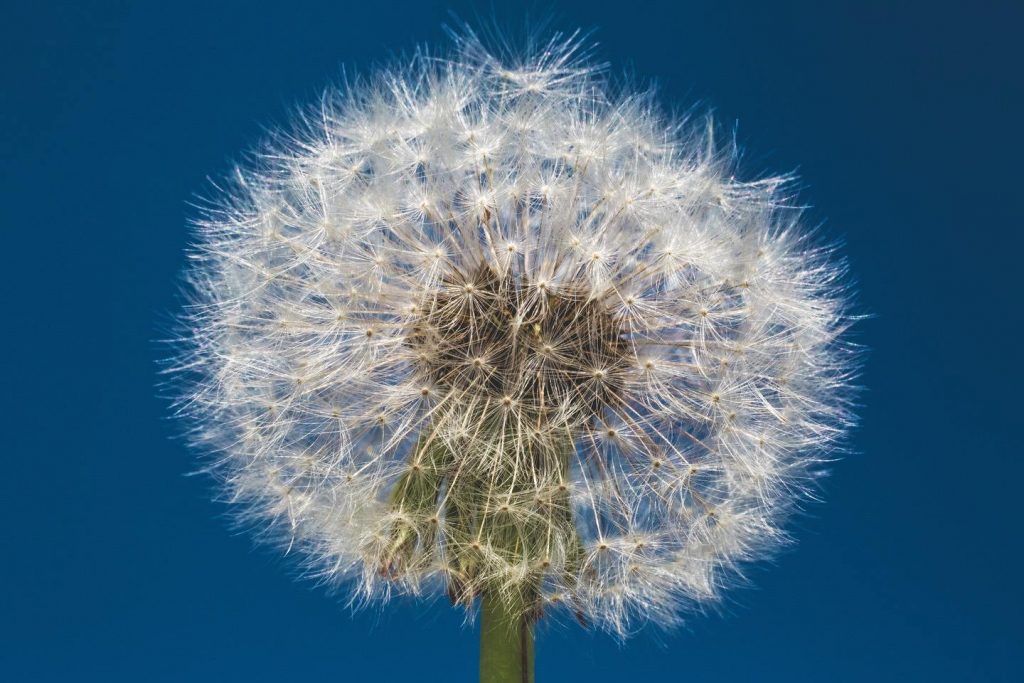
The parable of the weeds ends with an ominous threat to the weeds; “The owner’s servants came to him and said, ‘Sir, didn’t you sow good seed in your field? Where then did the weeds come from?’ ‘An enemy did this,’ he replied. The servants asked him, ‘Do you want us to go and pull them up?’ ‘No,’ he answered, ‘because while you are pulling the weeds, you may root up the wheat with them. Let both grow together until the harvest. At that time I will tell the harvesters: First collect the weeds and tie them in bundles to be burned; then gather the wheat and bring it into my barn.’ ”
In seeking to understand a parable, there is a risk that the reader will over-spiritualize and read into the parable things that are not the primary point. In this case the order of the harvesting, the tying of weeds into bundles and other minor facts are all extra to the point of the parable and therefore not the focus. Rather, the focus is that the end (harvest time) inevitably comes, and when it comes, the weeds have one fate, the wheat has another.
All through the Scripture, God’s people wrestle with the problem of evil, and the difficulty of watching evil people seem to live prosperous lives. Job asks, “Why do the wicked live on, growing old and increasing in power?” The Psalmist notes, “In his arrogance the wicked man hunts down the weak… in all his thoughts there is no room for God. His ways are always prosperous… he sneers at all his enemies. He says to himself, “Nothing will shake me; I’ll always be happy and never have trouble.” Jeremiah says, “Why does the way of the wicked prosper? Why do all the faithless live at ease?” Habbakuk goes so far as to question God about this point, “Why then do you tolerate the treacherous? Why are you silent while the wicked swallow up those more righteous than themselves?”
Weeds tend to grow much faster than the plants they are among. Their leaves push out, taking the sunlight from the smaller plants. They seem to soar toward the sun while the other plants struggle. It all seems so wrong. But then the harvester comes, and the weeds are abruptly pulled up. Knowing that they will just re-root themselves if they are displaced, the harvester collects them in bundles and burns them, destroying not only the weed, but the seeds of the weed at the same time. Thus all the weed’s hopes die with it. Yet the wheat does not have the same fate. Their hopes are fully realized. While their growing condition may have been difficult, in the end they are placed in the master’s storehouse. Some will be used for blessing and others for replanting, and none of it is lost. As Jesus said, “In my Father’s house are many rooms; if it were not so, I would have told you. I am going there to prepare a place for you. And if I go and prepare a place for you, I will come back and take you to be with me that you also may be where I am.”
God does everything that He wants; let us therefore comfort ourselves in our adversities. And if God does not help us at first, let us wait on Him; we will not be disappointed.
John Calvin
APPLICATION: Worship
The story of Noah, the story of Lot in Sodom and Gomorrah, the story of Rahab in Jericho – all these and many others remind us that God does not sweep away the righteous with the wicked. He cares for and rescues His own, even if all around are weeds being pulled up!

